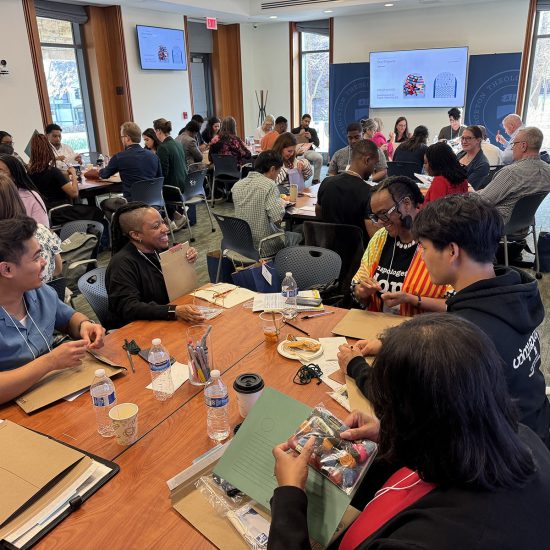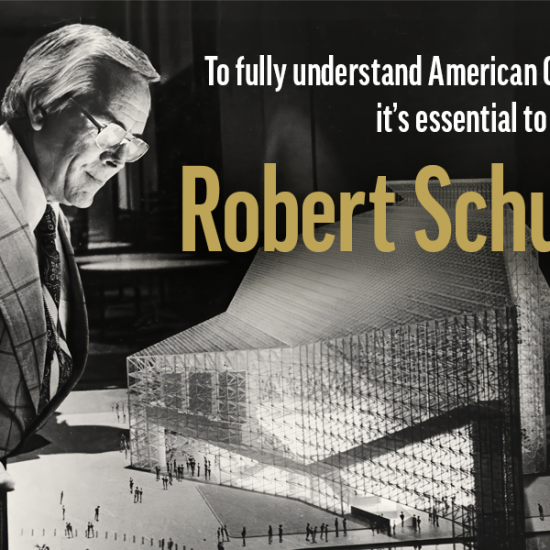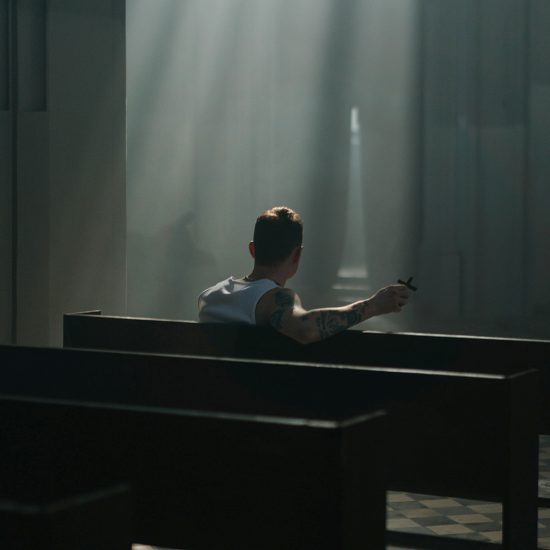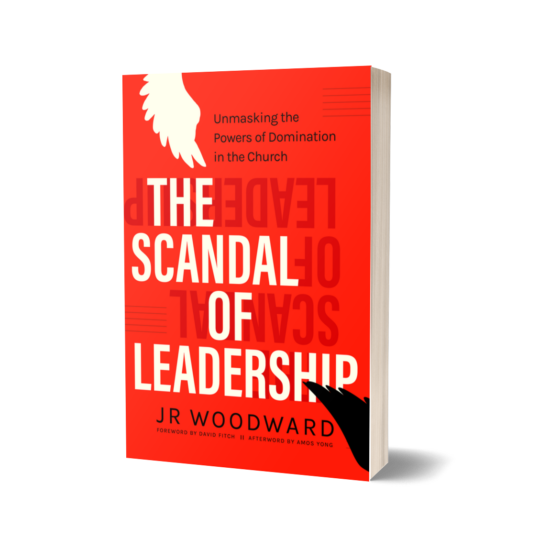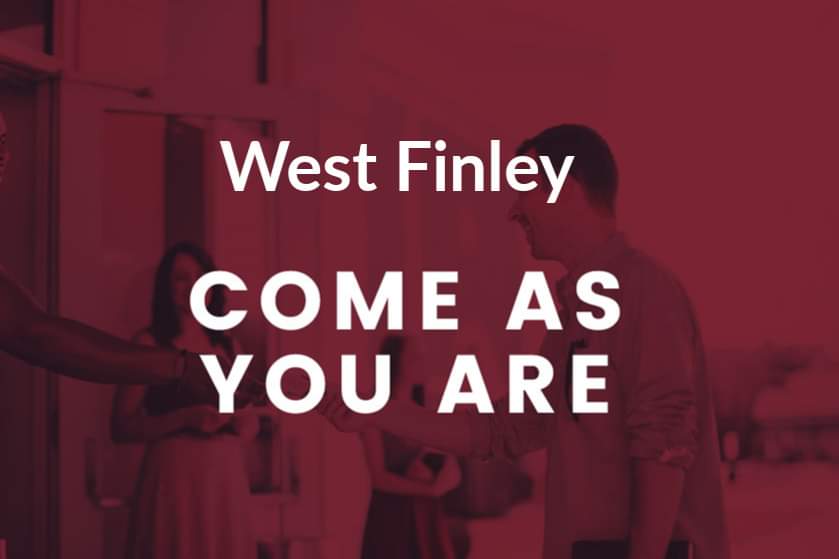
Pastors have broad job descriptions. They are preachers, teachers, counselors, administrators, organizers, and so much more. Many church members rarely interact with their pastors outside of Sunday morning worship, making it difficult to understand the dynamics of this role. “Behind the Pulpit” is a regular feature intended to pull back the curtain on the minister’s life and introduce our readers to how a diverse set of leaders go about shepherding their flocks.

Christopher Dixon
This installment features an interview conducted by email with Christopher Dixon, pastor of West Finley Baptist Church near Fordland, Missouri. His responses have been lightly edited for clarity.
What didn’t you learn in seminary that you needed to know for church leadership?
It sounds a little bit cliche, but I now believe more strongly than ever that church leadership is messy. I suspect that no seminary, college course, or even leadership course can completely prepare you for effective leadership.
Having said that, there are a number of courses, books, podcasts, and other types of sites and tools that will certainly help someone effectively lead in a church. My collegiate training was in the area of human communication, rather than a religious background. So that may have helped some. But in church leadership, right after seeking God, a leader needs to: 1) Be humble 2) Be willing to consistently listen and learn and 3) Not be too addicted to the status quo; we must be willing to change. If a leader cannot do those four things (seek God, be humble, listen/learn, and change), he or she is going to be in for a very rough time.
How has your personal understanding of God changed by serving the local church?
My personal understanding is that God cares about people. The local church is made up of people seeking Him and doing their very best to honor Him while working through their daily struggles.
My understanding of God has changed in that I’m not convinced God cares nearly as much about some of our traditions as much as He cares about our hearts. So in the local church, we see real needs being met. We see real people working through real life and pursuing Christ as they do that. Serving in the local church means making sure people have food when they need it, money for gas when they don’t have it, and helping work to strengthen marriages. It means making sure someone is reaching out to the lonely and hurting and doing our very best to be the hands and feet of Christ in our corner of the world. Serving in the local church, for me, means being part of a family through the ups and downs of life – that’s my understanding of what God wants in the local church.
How have your personal religious/devotional practices been shaped and altered by being the shepherd of a flock?
It’s interesting because I’ve realized that being the shepherd of a flock does not mean being the “best” Christian. It means being an honest Christian on an honest journey. So in the last couple of hard years especially, I’ve allowed myself some grace in my devotional practices. In other words, a good/great Sunday message is one that is done and honest, rather than one full of citations and quotes. It means it’s okay for me to say that things have been hard… really hard. And I think and hope that being honest about my personal journey is a good thing.
What does justice look like in your local context? How about love? How do you lead people towards both?
Justice is tougher than love because it means different things to different people. Love is maybe harder to implement (because we’re human), but at least we should understand what it means. The takeaway here is when we really love other humans, justice seems to prevail. But that’s tough because we live in an age when politics and affiliation seem to take the place of everything else.
In our local context, we make it clear that church is not a place to discuss politics. So maybe that’s skirting around justice a little bit? In other words, for me personally, I’m not afraid of the hard topics. And all things justice/faith-related are hard. But in our particular church, we have bigger fish to fry, as the saying goes. Meaning that our community has needs to meet and folks who need a safe place to worship. So for us, I would say justice and love meet the real world by making sure kids are safe, no one goes hungry, and you can come to church and pursue Christ regardless of your wardrobe or background. And that includes being free to worship regardless of your political beliefs.
I personally lead people by encouraging them to think for themselves, while reading God’s word. God gave us our brains for a reason. Faith and logic go together just fine. God is okay with hard questions, even when we don’t know the answers. So from my standpoint, I encourage real dialogue over religious cliches. I absolutely cannot stand a bullying or political Christianity. The Jesus I know loves all people very much.
What’s the funniest or oddest thing that’s ever happened to you in ministry (that you can share without breaking confidentiality)?
One of the funniest/oddest things that happened at a previous church is almost unbelievable! Over a decade ago I did a funeral for a man who had been cremated and had a very loose association with our church. The family was not from the area and their relative (the one whose funeral I was doing) seemed to have strained relations with many of them prior to his passing.
When the funeral was over, a couple of family members came up to me and handed me his remains. They said something to the effect of, “We’re going to get back on the road now. We’ve marked his grave out there in the cemetery, so if you don’t mind making sure he gets buried, we would appreciate it.” And then they left! About a week later, one of my deacons and I spent the afternoon digging his grave and making sure he was properly buried, with prayer and all. (His remains were in our living room for the week between the service and burial!)
To this day, having strangers asking me to bury their relative has got to be one of the craziest things I’ve ever had happen. And they didn’t blink an eye or hesitate when asking me to do it – just handed me his remains and left. It’s almost too crazy to believe, really.
How do you see the pandemic altering the life of your congregation? What changes are permanent and which are fleeting?
There were a few things we did that are forever gone, such as passing the offering plate. It’s one practice that added time and touch that wasn’t needed and I don’t see it coming back. We now just drop our tithes and offerings in a box at the back of the sanctuary.
Similarly, I believe we’re more cognizant of space, airways, handshakes and things like that. We’re much more cautious around those with pre-existing situations like cancer and serious illness. And we’re aware that we need to be respectful of how everyone wants to protect themselves. We buried two beloved members of our church family last year due to COVID-19, so we take this entire pandemic very seriously.
That being said, we were made for touch, hugs, and human interaction. Children need healthy human interaction, as do youth and adults. So we’ve gone back to meals and get-togethers and things like that, but with some small adjustments. If someone wants to wear a mask or not is entirely up to them. I suppose you could say that we’re aware that living with a new virus is the new “normal.” So we’re going to do our very best at carrying on with our regular activities, with the understanding that we need to be respectful and careful as we move forward.
If you could help the average person in your congregation understand one (and only one) thing better about the faith they profess, what would it be?
That our faith is one of action, rather than pretending to be something. God made us to serve and help others. He doesn’t expect perfection, fancy prayers, or care about our wallet or status. But I guess that isn’t just one thing, so let me attempt to summarize.
The unofficial motto at our church is “Come as you are.” And we mean that. So if I had to help someone, in our congregation or not, understand something about their faith, it would be this: Jesus wants your heart, so come to Him as you are. And He will open his arms to you.

